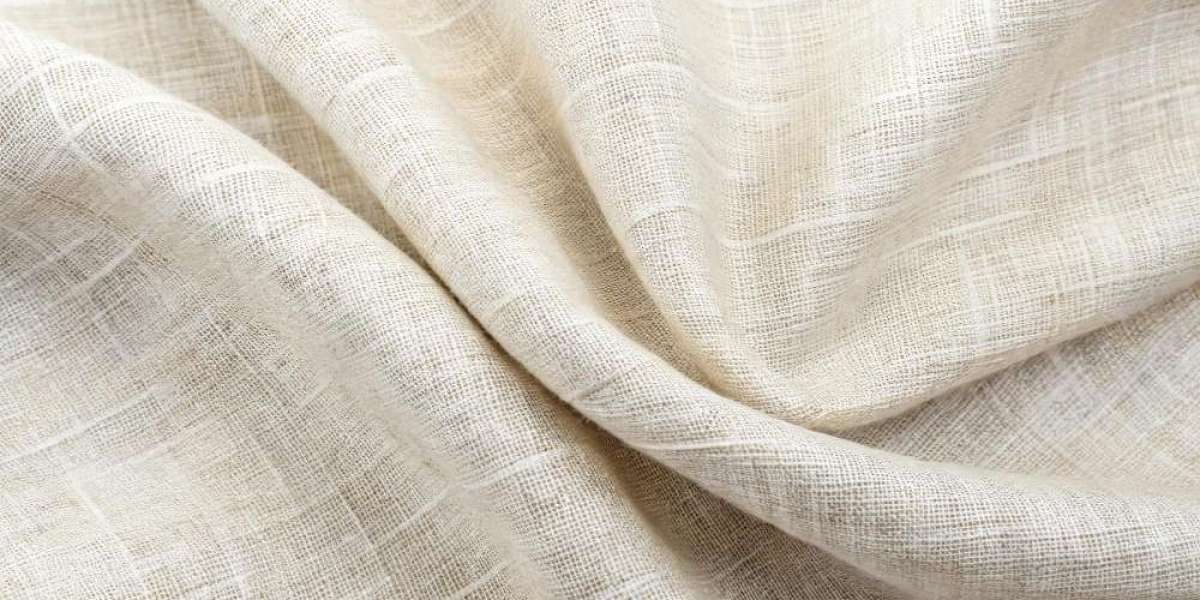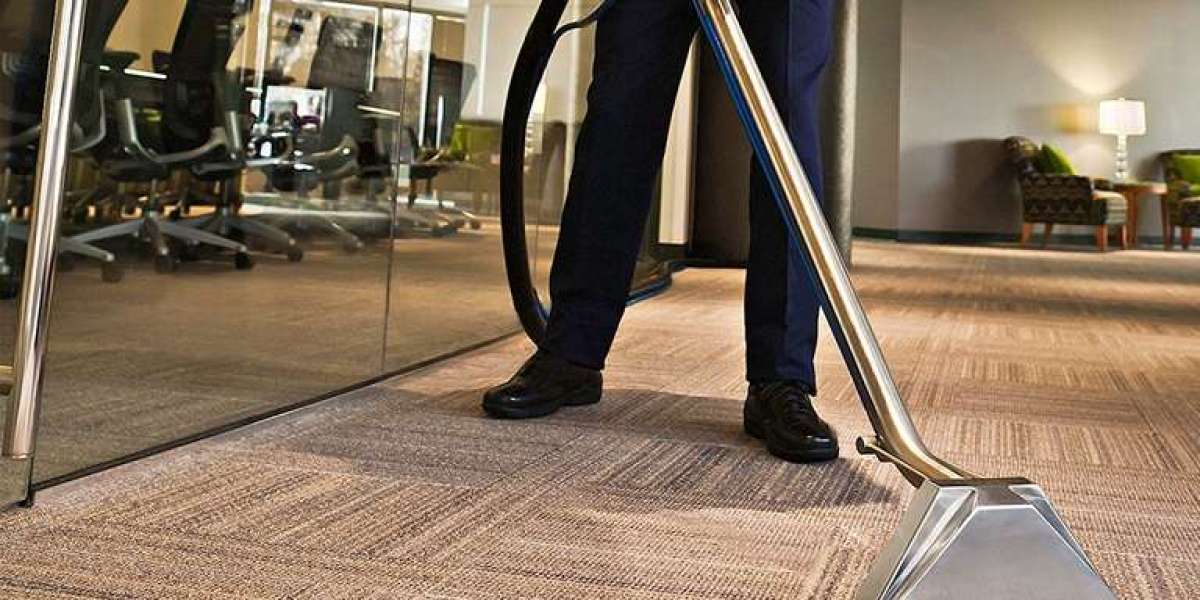Consumer preferences have shifted dramatically toward sustainable fashion options. Private label brands face increasing pressure to meet eco-conscious demands while maintaining profitability. Linen fabric emerges as a powerful solution that addresses both sustainability concerns and business objectives.
This natural textile offers private labels a pathway to create environmentally responsible clothing collections. The growing demand for sustainable materials makes linen fabric an essential component for brands seeking to capture the eco-conscious market. Private labels can now buy fabric online from suppliers like Fabriclore, TextileNet, and Global Fabric Source to access high-quality linen materials for their collections.
The fashion industry accounts for approximately 10% of global carbon emissions. Private labels that adopt sustainable materials like linen fabric position themselves advantageously in this changing landscape. Understanding linen's benefits helps brands make informed decisions about incorporating this versatile material into their product lines.
What is Linen Fabric?
Linen fabric originates from the flax plant (Linum usitatissimum). This natural fiber has served humanity for thousands of years, making it one of the oldest textiles known to civilization. The production process involves harvesting flax plants, retting the stems to separate fibers, and spinning these fibers into thread.
The flax plant grows in cooler climates with adequate rainfall. European countries like Belgium, France, and the Netherlands produce some of the world's finest linen fabric. The plant requires minimal pesticides and fertilizers compared to conventional cotton crops, making it naturally sustainable.
Manufacturing linen fabric involves several steps. Workers harvest flax when the plant reaches maturity. The stems undergo retting, where natural bacteria break down the pectin that binds the fibers. After drying and scutching, the long flax fibers become ready for spinning into linen fabric.
The resulting material exhibits distinctive characteristics. Linen fabric feels cool against the skin and becomes softer with each wash. Its loose weave allows excellent air circulation, making it ideal for warm weather clothing. The natural irregularities in the fibers give linen fabric its characteristic texture and appearance.
Sustainability Benefits of Linen
Biodegradability
Linen fabric breaks down naturally in the environment without leaving harmful residues. Unlike synthetic materials that persist for centuries, linen decomposes within months when exposed to natural elements. This biodegradability reduces landfill waste and environmental pollution.
The natural decomposition process returns nutrients to the soil. Discarded linen fabric items enrich the earth rather than contributing to waste accumulation. Private labels using linen fabric can market their products as truly circular fashion items.
Composting facilities readily accept linen fabric waste. Manufacturing scraps and end-of-life garments decompose efficiently in industrial composting systems. This characteristic allows private labels to minimize their waste footprint throughout the production cycle.
Reduced Water Usage
Flax plants require significantly less water than cotton crops. Studies show that linen fabric production uses 20% less water than conventional cotton manufacturing. This water efficiency becomes increasingly important as freshwater resources face global pressure.
The flax plant grows well with natural rainfall in suitable climates. Farmers rarely need irrigation systems, further reducing water consumption. When private labels buy fabric online from linen suppliers, they support water-conscious agricultural practices.
Processing linen fabric also requires less water than many alternatives. The retting process uses natural moisture and bacterial action rather than intensive chemical treatments. This approach minimizes water pollution while creating high-quality linen fabric.
Durability and Longevity
Linen fabric ranks among the strongest natural fibers available. Its tensile strength exceeds that of cotton, wool, and many synthetic materials. Garments made from linen fabric withstand regular wear and frequent washing without significant deterioration.
The fiber structure becomes stronger when wet, making linen fabric ideal for frequent laundering. Each wash cycle softens the material without weakening its integrity. This durability translates to longer-lasting garments that reduce replacement frequency.
Private labels benefit from linen fabric's longevity through reduced customer complaints and returns. Well-made linen garments maintain their appearance and functionality for years. This durability supports sustainable consumption patterns while building brand reputation.
Benefits for Private Labels
Meeting Consumer Demand
Consumer surveys consistently show growing preference for sustainable clothing options. Millennials and Gen Z shoppers prioritize environmental considerations in purchasing decisions. Private labels using linen fabric tap into this expanding market segment.
Social media amplifies awareness of sustainable fashion practices. Consumers share information about eco-friendly brands and materials like linen fabric. Private labels that adopt sustainable practices gain organic marketing benefits through customer advocacy.
The premium pricing associated with sustainable materials doesn't deter conscious consumers. Studies indicate that 73% of consumers will pay more for sustainable products. Private labels using linen fabric can command higher margins while meeting market demand.
Cost-Effectiveness
Linen fabric offers excellent value proposition for private labels. The material's durability reduces warranty claims and product returns. Fewer quality issues translate to lower customer service costs and improved profit margins.
Bulk purchasing options make linen fabric economically viable for private labels. When brands buy fabric online from suppliers like Fabriclore, FabricWholesale, and TexSource, they access competitive pricing for quality materials. Volume discounts further improve cost structures.
The processing requirements for linen fabric align well with existing manufacturing capabilities. Private labels don't need specialized equipment or extensive training to work with linen. This compatibility reduces implementation costs and complexity.
High-Quality Product Offering
Linen fabric elevates the perceived value of private label collections. The material's natural properties create distinctive textures and appearances that consumers associate with premium quality. This perception allows for strategic positioning in higher market segments.
The breathability and comfort of linen fabric enhance customer satisfaction. Garments made from this material perform well in various climates and conditions. Satisfied customers become repeat buyers and brand advocates.
Natural antimicrobial properties make linen fabric particularly appealing for undergarments and activewear. The material inhibits bacterial growth and odor retention. Private labels can highlight these functional benefits in marketing communications.
Linen fabric adapts well to various dyeing and finishing processes. Private labels can create diverse color palettes and textures while maintaining the material's sustainable credentials. This versatility supports creative design possibilities.
The fabric's compatibility with both casual and formal styling broadens its market appeal. Private labels can develop comprehensive collections using linen fabric as a core material. This approach simplifies inventory management while maximizing design potential.
Working with linen fabric requires understanding its unique characteristics. The material's tendency to wrinkle can be positioned as a desirable casual aesthetic. Proper care instructions help customers maintain their linen garments effectively.
Quality control measures ensure consistent linen fabric performance across production runs. Private labels should establish relationships with reliable suppliers who maintain strict quality standards. When brands buy fabric online, they should verify supplier certifications and testing protocols.
Sustainable Fashion's Future with Linen
The sustainable fashion movement continues gaining momentum across global markets. Government regulations increasingly favor environmentally responsible manufacturing practices. Private labels using linen fabric position themselves ahead of regulatory changes.
Innovation in linen fabric processing creates new opportunities for private labels. Improved finishing techniques reduce wrinkle tendencies while maintaining natural properties. These developments make linen fabric more versatile for various garment types.
Supply chain transparency becomes increasingly important to consumers. Linen fabric's simple production process facilitates clear communication about sourcing and manufacturing. Private labels can build trust through honest disclosure of their material choices.
The circular economy principles align perfectly with linen fabric characteristics. The material's biodegradability supports end-of-life disposal strategies. Private labels can develop take-back programs for linen garments, enhancing their sustainability credentials.
Consumer education plays a crucial role in linen fabric adoption. Private labels should communicate the environmental benefits clearly and consistently. This education helps customers understand the value proposition beyond price considerations.
Making the Sustainable Choice
Linen fabric represents a practical solution for private labels seeking sustainable materials without compromising quality or profitability. The combination of environmental benefits and consumer appeal makes this natural fiber an strategic choice for forward-thinking brands.
The ability to buy fabric online from established suppliers like Fabriclore, TextileMart, and EcoFabrics simplifies the sourcing process. Private labels can access quality linen fabric while building relationships with reliable suppliers who understand sustainability requirements.
Implementation success depends on understanding linen fabric's unique properties and communicating these benefits effectively to customers. Private labels that invest in proper product development and marketing see significant returns from their sustainable material choices.
The future belongs to brands that balance environmental responsibility with business success. Linen fabric provides the foundation for creating clothing collections that meet both criteria while satisfying increasingly conscious consumer demands.







